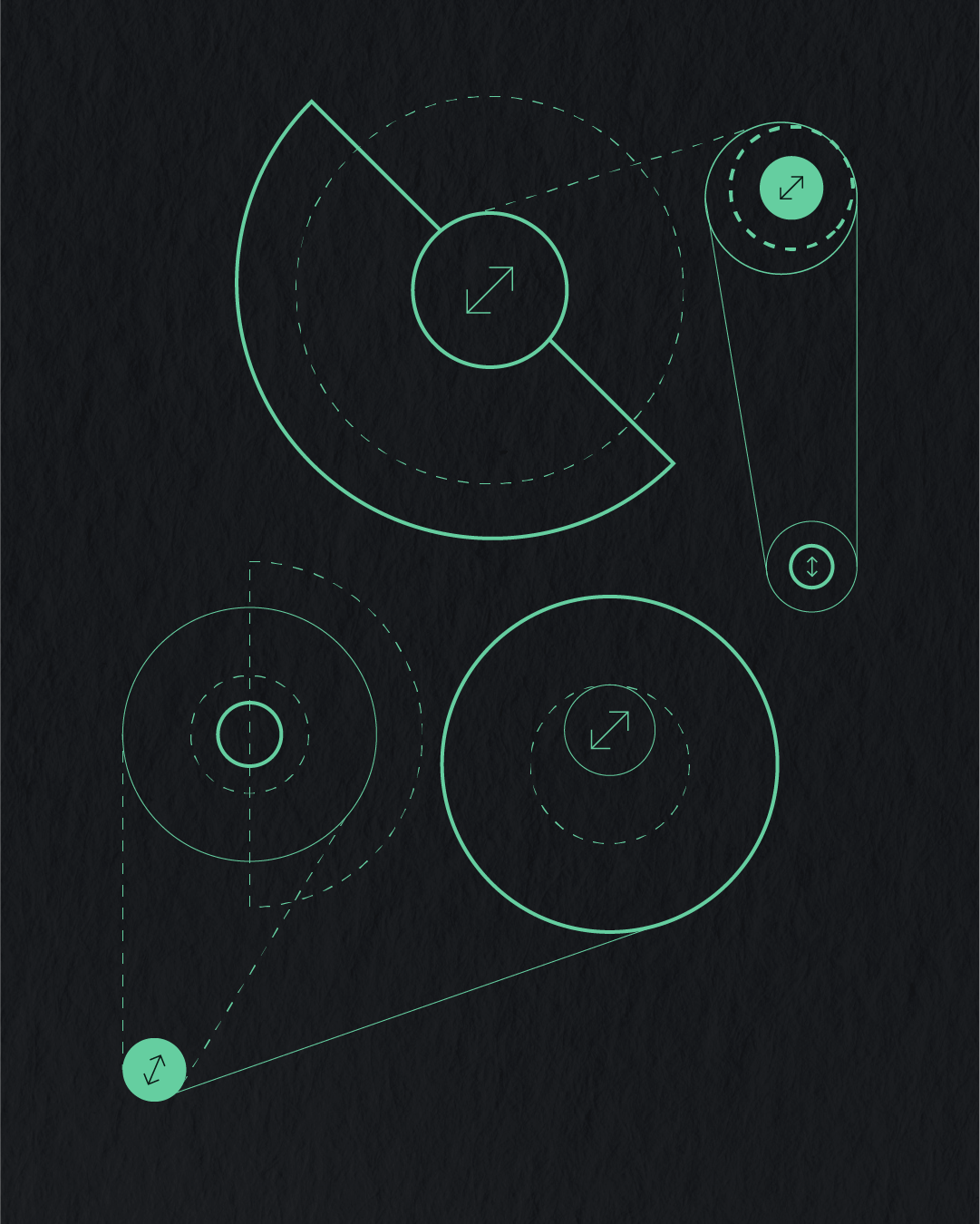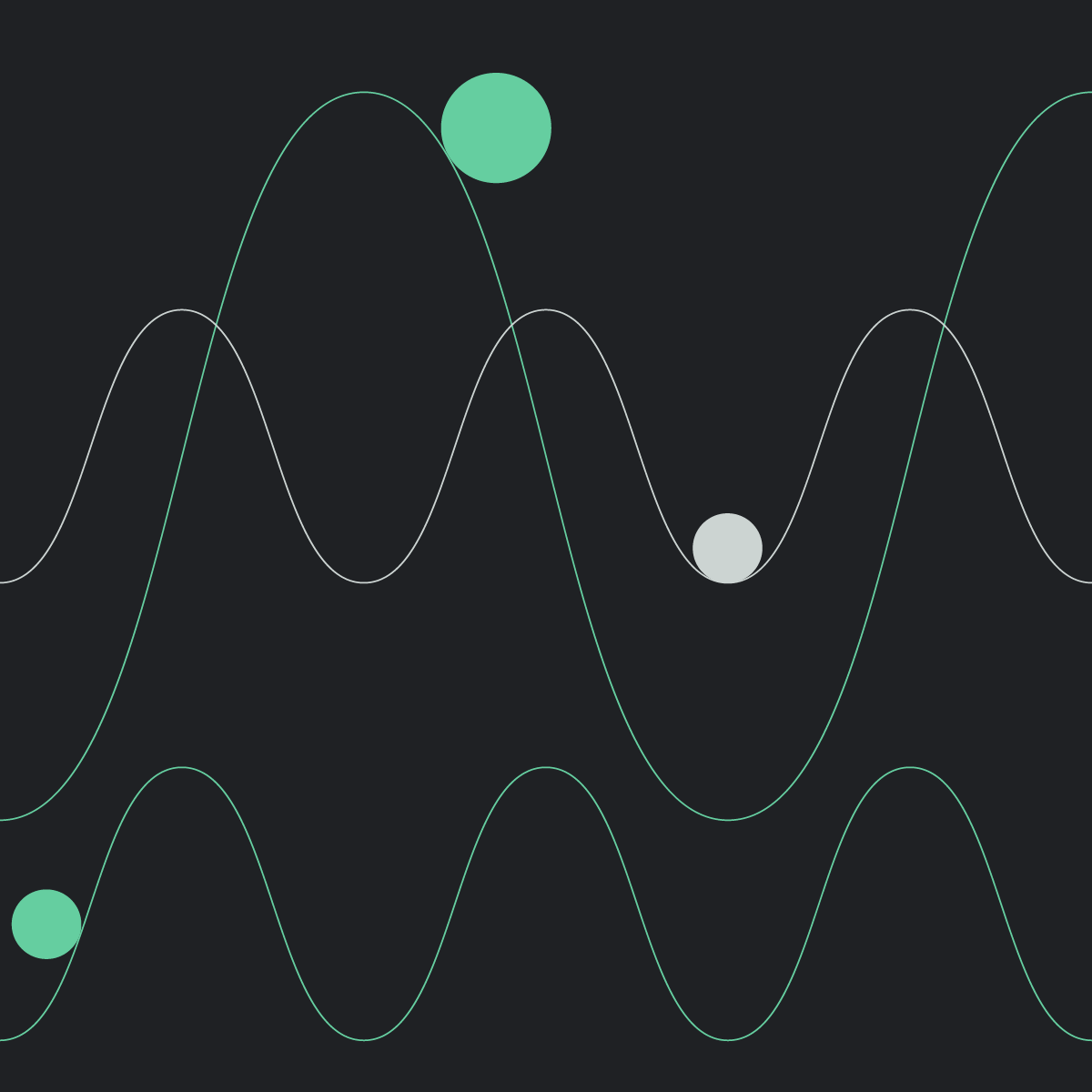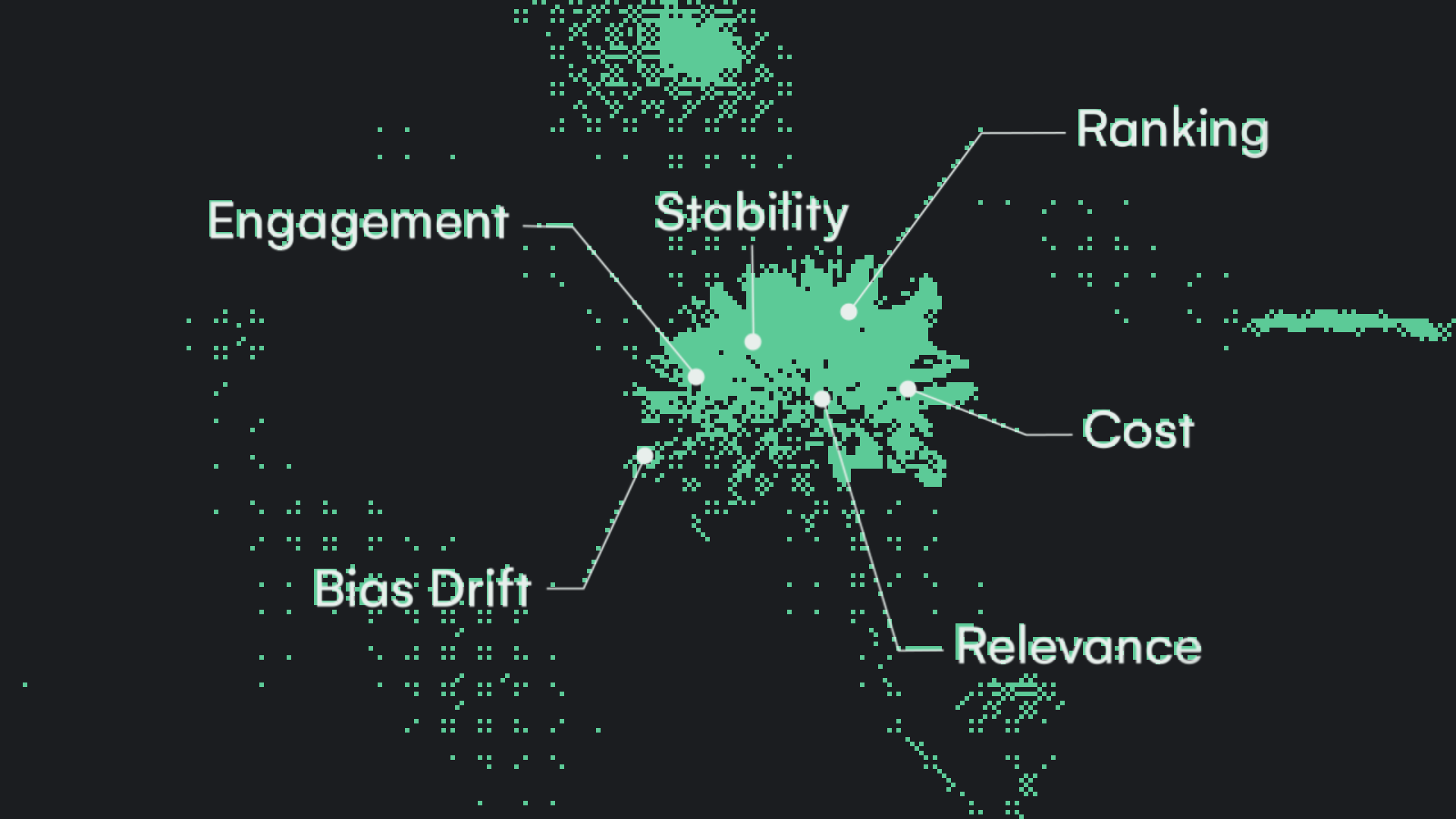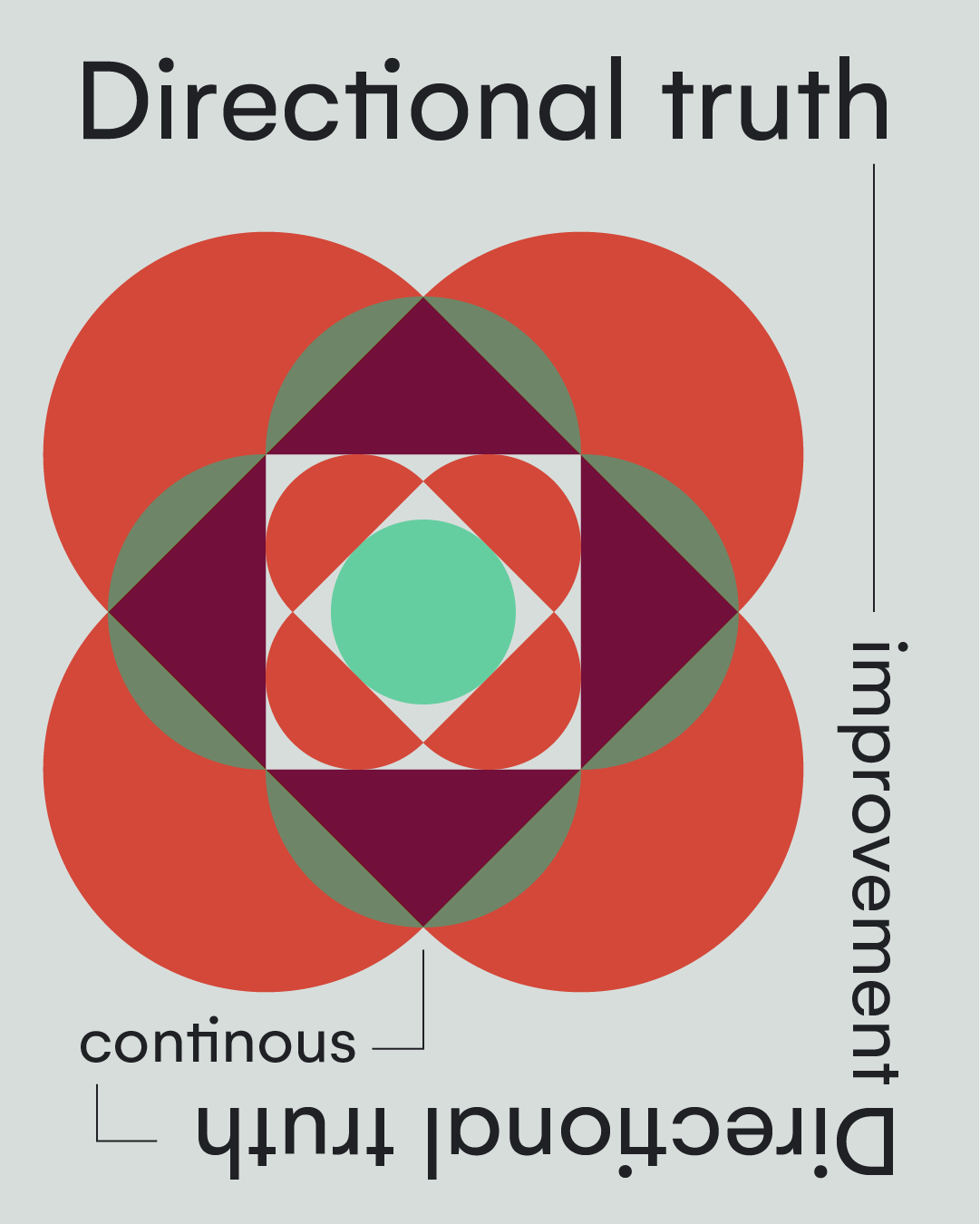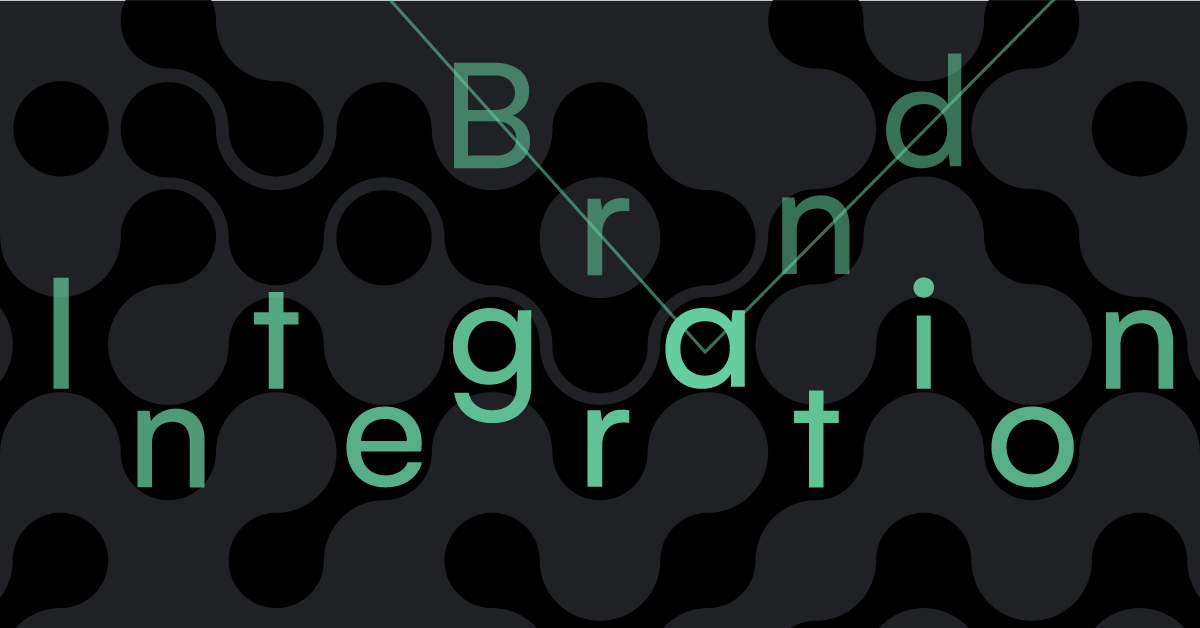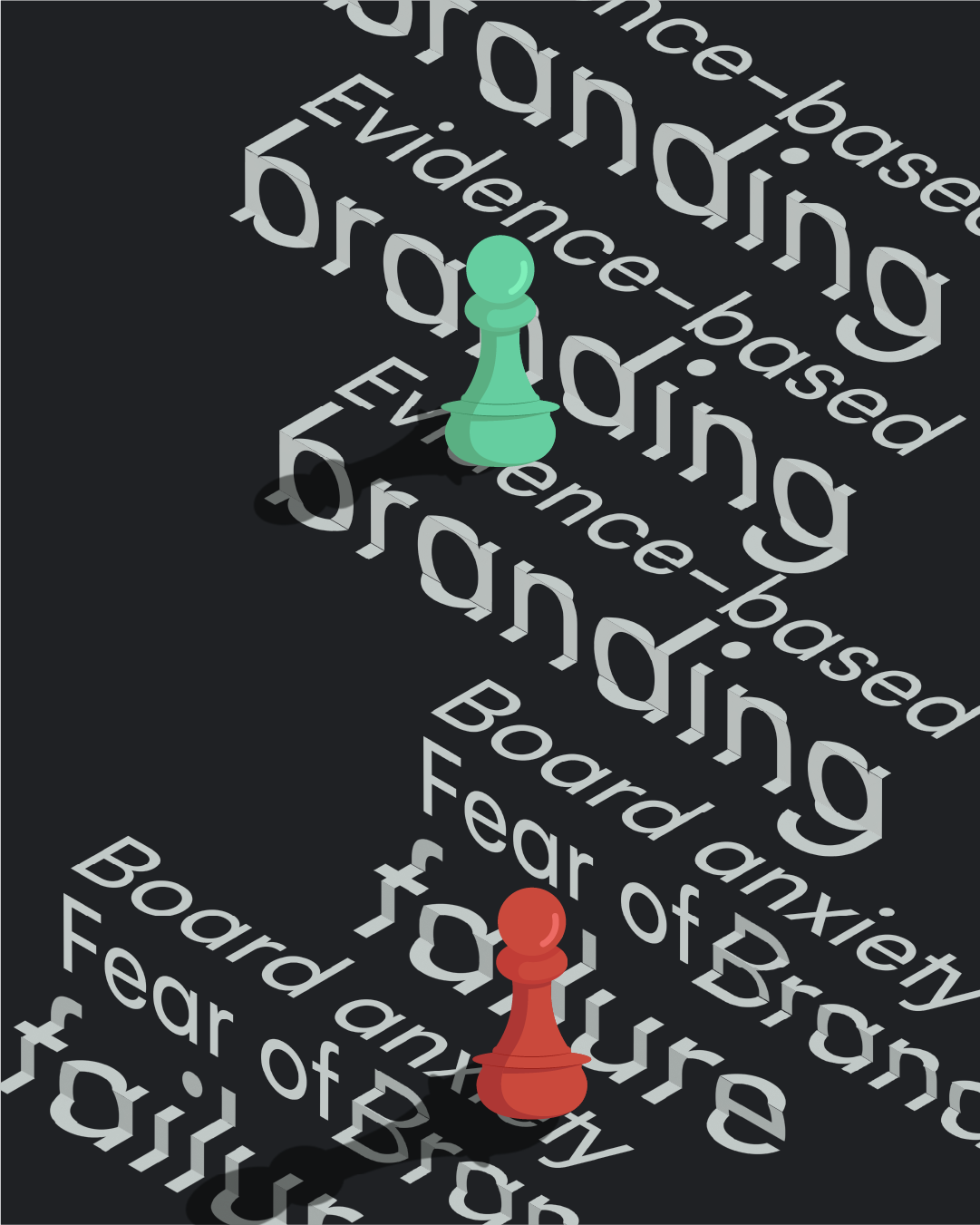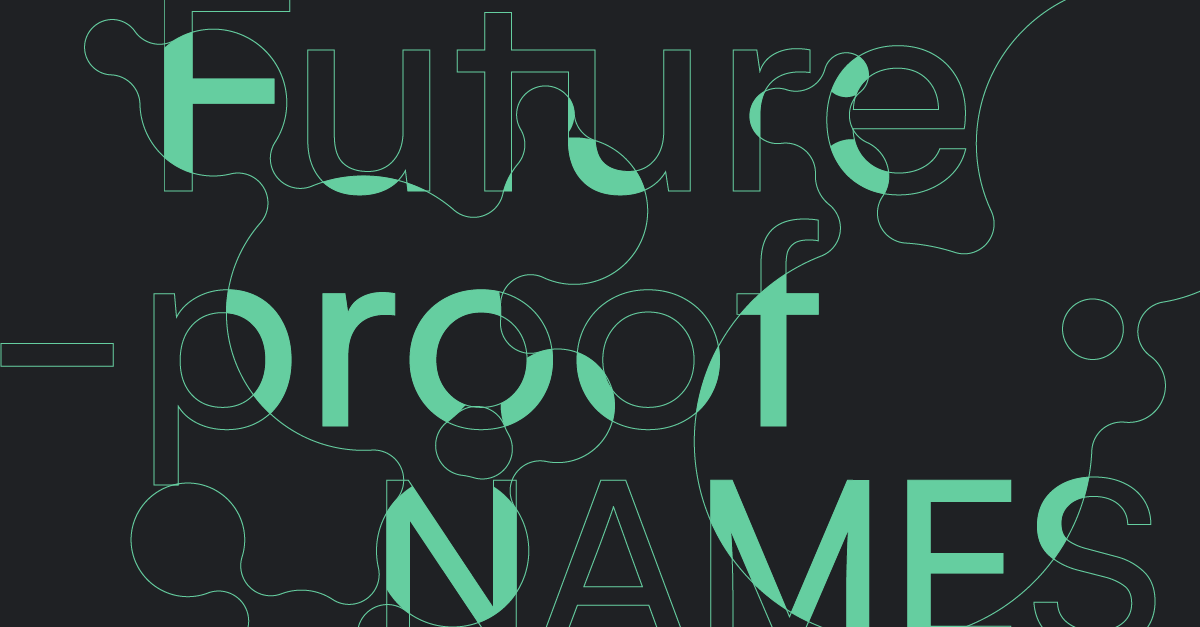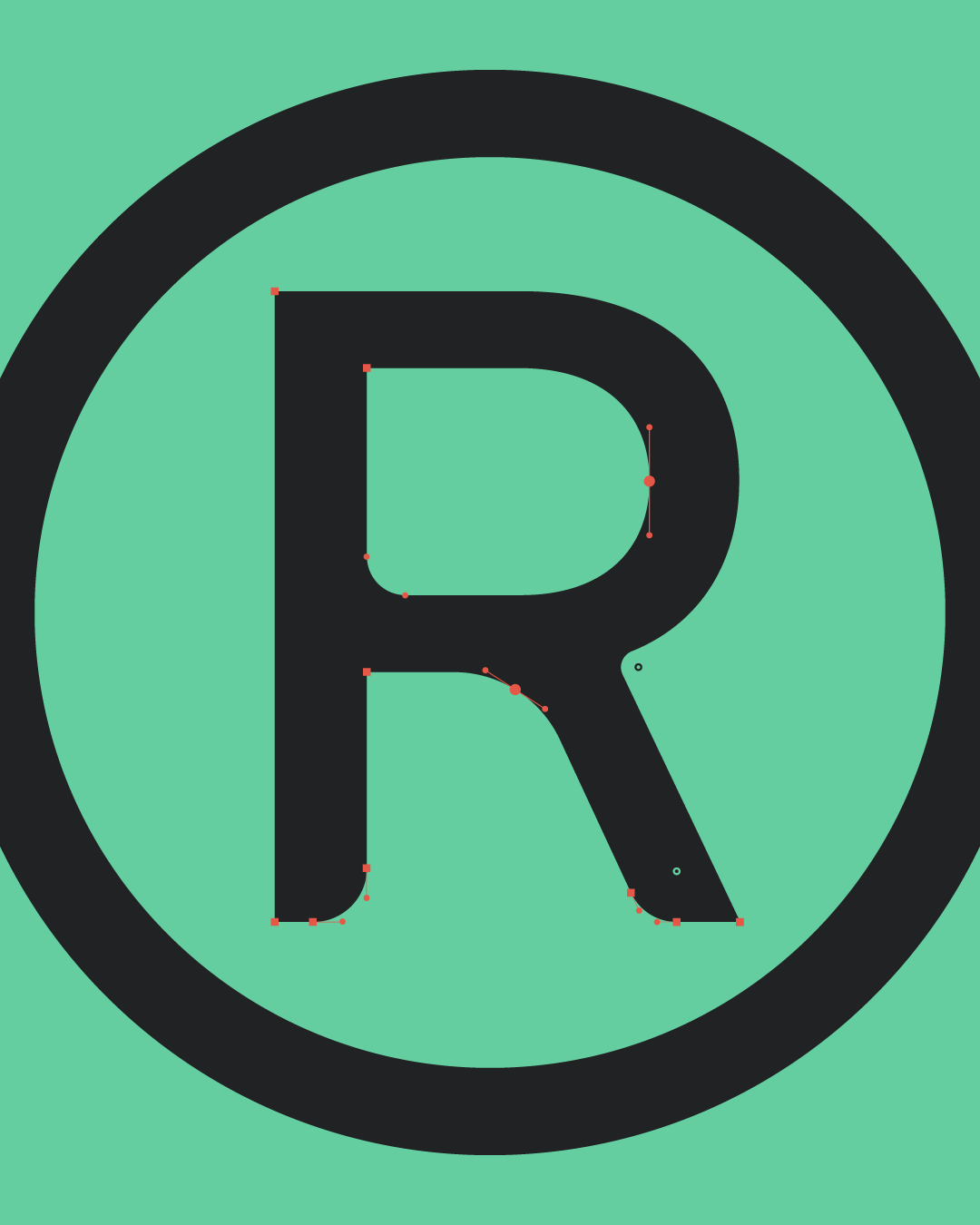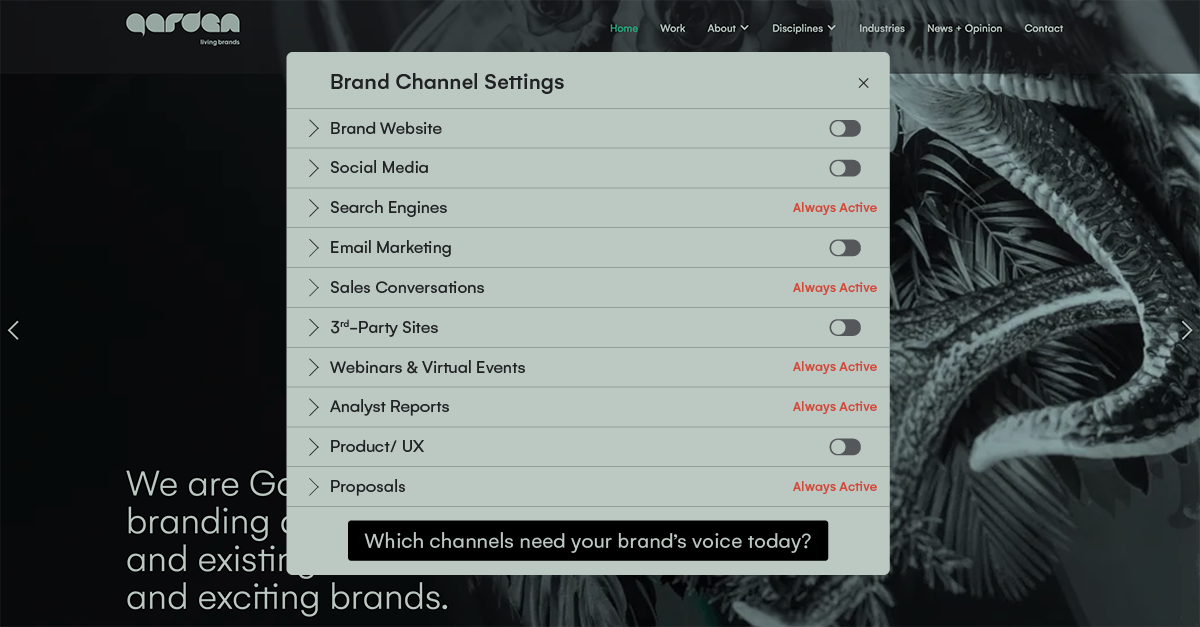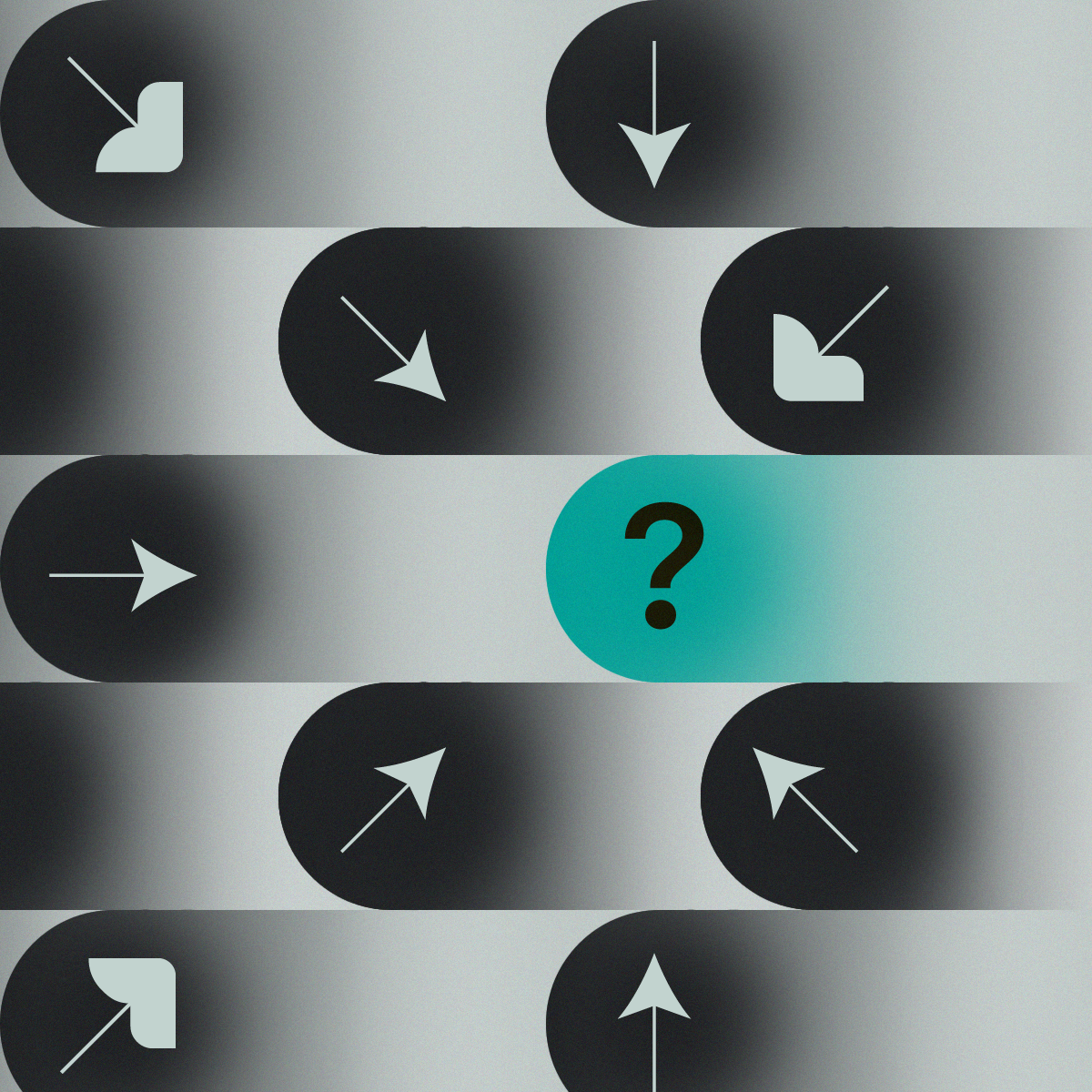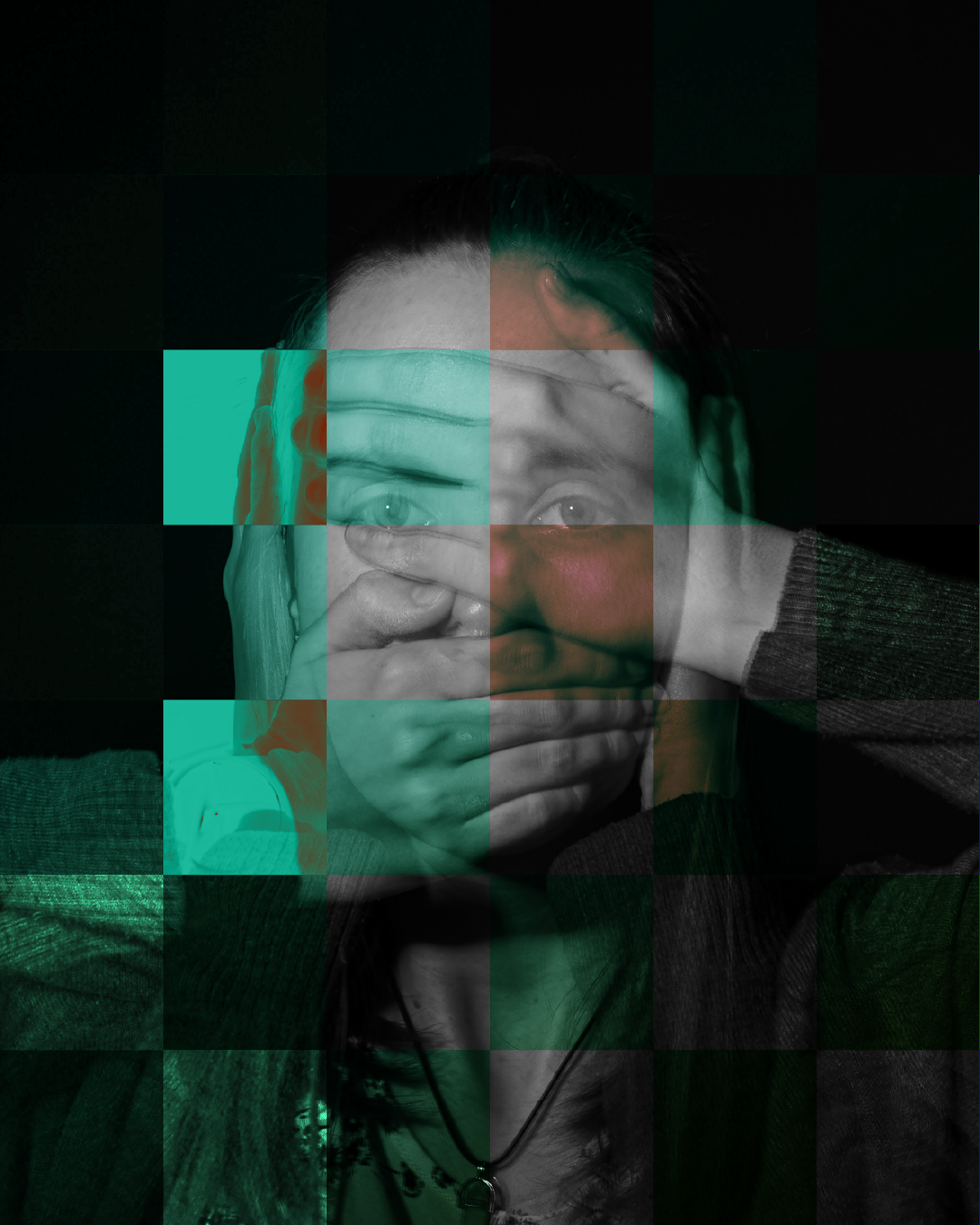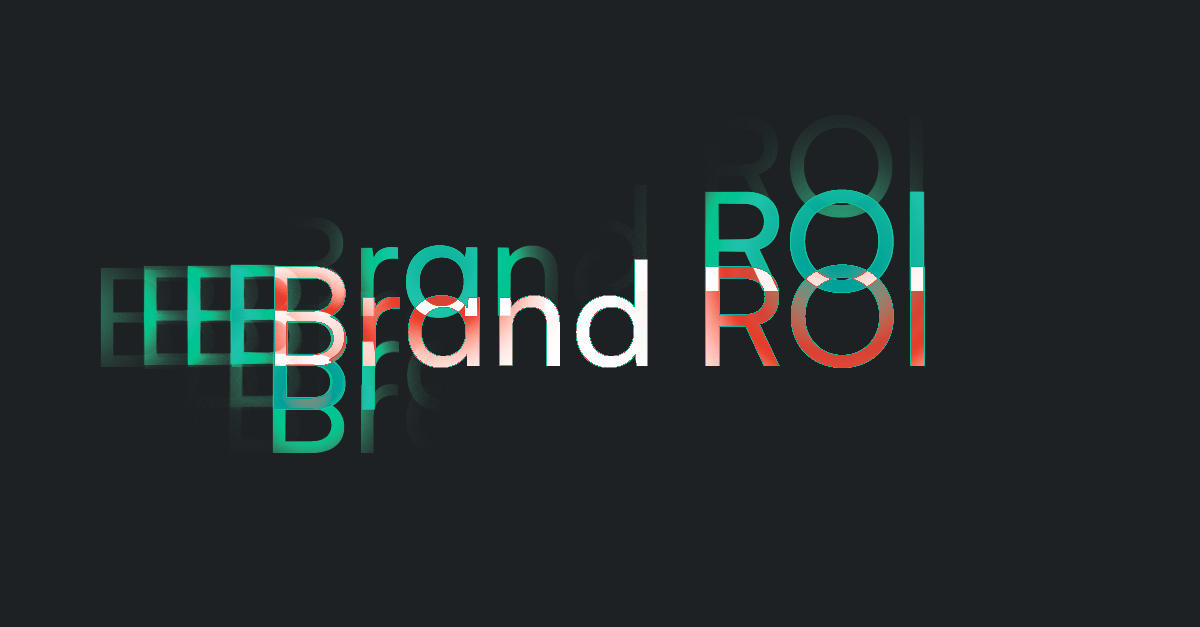What is the difference between a marketing agency and a branding agency?
As creative professionals who've worked across both disciplines, we recognise that choosing the right agency partner isn't just about services—it's about finding the right strategic approach for your brand's unique challenges and aspirations.
The landscape is complex, with agencies offering everything from comprehensive brand creation to targeted performance marketing. Some specialise deeply in one area, whilst others provide integrated solutions across the spectrum.
This guide will help you navigate these waters with clarity and confidence, ensuring your investment delivers the strategic impact your brand deserves.
Understanding branding agencies
The strategic foundation
Branding agencies focus on the fundamental question of identity—who you are as an organisation and how you want to be perceived in the marketplace. This goes far beyond visual aesthetics; crafting a strategic narrative that resonates with your target audience and differentiates you from competitors.
Through comprehensive research and strategic thinking, branding agencies develop the foundational elements that will guide all future communications. This includes everything from brand positioning and messaging architecture to visual identity systems and brand guidelines.
Core capabilities and deliverables
Strategic brand development
- Brand strategy and positioning frameworks
- Brand architecture and messaging hierarchy
- Tone of voice and communication guidelines
- Brand essence and value proposition definition
Visual identity creation
- Logo design and brand mark development
- Colour palette and typography systems
- Visual language and imagery guidelines
- Brand application across touchpoints
Brand implementation
- Brand guidelines and governance systems
- Marketing collateral templates and systems
- Digital brand expressions and standards
- Brand training and internal alignment
The strategic timeline
Brand development typically follows a structured process spanning 3-6 months, depending on complexity and scope. This strategic approach ensures thorough research, stakeholder alignment, and comprehensive implementation guidelines.
The investment in brand development creates a foundational asset that serves the organisation for years, providing consistency and strategic direction across all marketing and communication efforts.
Understanding marketing agencies
Performance-driven growth
Marketing agencies operate with a fundamentally different focus—driving measurable business outcomes through strategic campaign development and execution. Their expertise lies in understanding consumer behaviour, market dynamics, and the complex ecosystem of marketing channels available today.
These agencies specialise in creating targeted campaigns that generate leads, drive conversions, and deliver quantifiable return on investment. They work within your established brand framework to amplify your message and reach your ideal customers through the most effective channels.
Core capabilities and deliverables
Digital marketing execution
- Performance advertising across Google, Meta, and LinkedIn
- Search engine optimisation and content marketing
- Social media strategy and community management
- Email marketing and automation sequences
Campaign development and management
- Integrated marketing campaign creation
- Media planning and buying strategies
- Marketing automation and lead nurturing
- Conversion optimisation and funnel development
Analytics and optimisation
- Performance tracking and attribution modelling
- Consumer insights and behaviour analysis
- Campaign optimisation and testing protocols
- ROI measurement and reporting frameworks
The ongoing partnership model
Marketing operates on a continuous cycle of testing, learning, and optimisation. Campaigns require constant monitoring and adjustment based on performance data and changing market conditions.
This ongoing relationship means marketing partnerships typically involve monthly retainers and campaign management, with success measured through key performance indicators and business impact metrics.
What is the difference between a branding agency and a marketing agency?
The main difference between a branding agency and a marketing agency is focus. A branding agency creates and defines a brand’s identity, voice, and positioning. A marketing agency promotes that brand through campaigns, channels, and tactics to drive awareness, traffic, and sales.
Branding vs marketing agencies
To help clarify the fundamental differences between these two approaches, we've created a comprehensive comparison framework:
Core philosophical differences
Branding agencies approach challenges through the lens of strategic positioning and brand differentiation. They ask fundamental questions about organisational purpose, target audience alignment, and competitive differentiation.
Marketing agencies focus on tactical execution and performance optimisation. They concentrate on channel effectiveness, conversion metrics, and campaign performance across various touchpoints.
Understanding these philosophical differences helps determine which approach aligns with your current business challenges and strategic objectives.
When to engage a branding agency
Strategic indicators for brand development
Organisational transformation scenarios
- New company or product launch requiring market positioning
- Merger, acquisition, or significant structural changes
- Market expansion into new territories or demographics
- Legacy brand requiring modernisation or repositioning
Brand perception challenges
- Unclear or inconsistent brand messaging across touchpoints
- Difficulty differentiating from competitors in the marketplace
- Stakeholder confusion about your value proposition
- Brand equity not reflecting actual business capabilities
Growth enablement requirements
- Preparing for significant scaling or market expansion
- Investor or acquisition conversations requiring professional presentation
- Premium positioning strategies requiring elevated brand presence
- International expansion requiring culturally adapted branding
Measuring brand development success
Effective branding initiatives deliver measurable outcomes:
- Enhanced brand recognition and recall metrics
- Improved stakeholder confidence and engagement
- Increased customer loyalty and retention rates
- Premium pricing opportunities and market differentiation
When to engage a marketing agency
Performance optimisation scenarios
Customer acquisition challenges
- Insufficient lead generation from current marketing efforts
- High customer acquisition costs requiring optimisation
- Market share erosion to more digitally sophisticated competitors
- Scaling challenges require a systematic approach to growth
Digital transformation requirements
- Limited internal marketing expertise or resources
- Complex multi-channel campaign management needs
- Advanced analytics and attribution modelling requirements
- Marketing automation and technology integration projects
Campaign performance gaps
- Inconsistent or declining campaign performance metrics
- Inability to track and attribute marketing contribution to revenue
- Seasonal or cyclical business requiring strategic campaign planning
- Competitive pressure requires more sophisticated marketing approaches
Measuring marketing success
Effective marketing partnerships deliver quantifiable business impact:
- Increased qualified lead generation and conversion rates
- Improved return on advertising spend (ROAS) and marketing ROI
- Enhanced brand visibility and market share growth
- Optimised customer acquisition costs and lifetime value ratios
Making the strategic choice
The most successful partnerships emerge when organisations take time to evaluate their current position, define clear success metrics, and select partners who demonstrate both strategic thinking and proven execution capabilities. This investment in due diligence pays dividends through more effective collaboration and superior business outcomes.
At Garden, we've spent over three decades helping organisations navigate these strategic decisions, working with everyone from ambitious startups to brands like Electrical Safety First and Sainsburys. Our approach combines deep strategic thinking with creative excellence, ensuring that whether you need comprehensive brand development or integrated marketing solutions, the foundation is always built on solid strategic insight and measurable business impact. If that sounds appealing, why not reach out to our consultants?







.jpg)


.jpg)

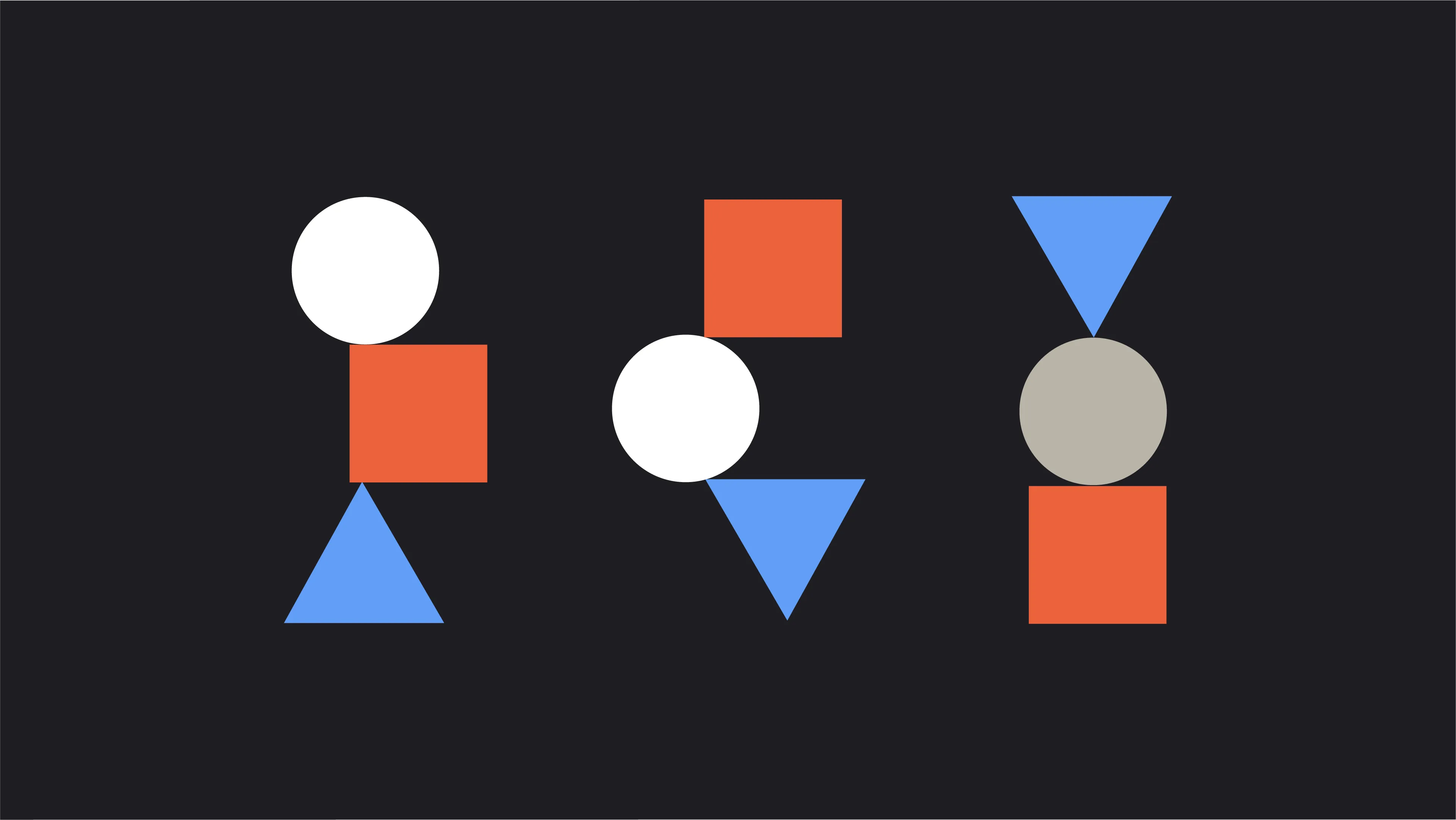
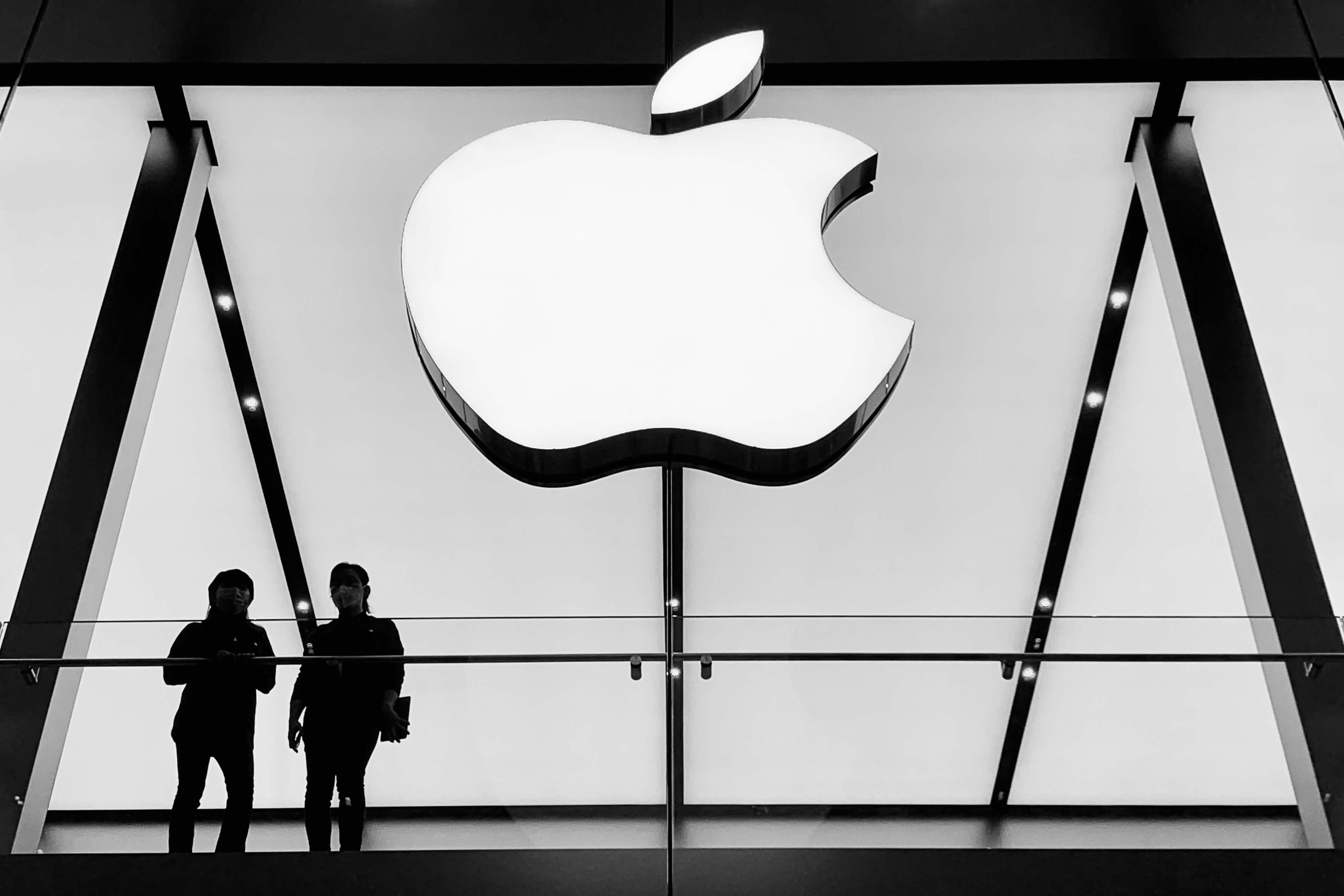





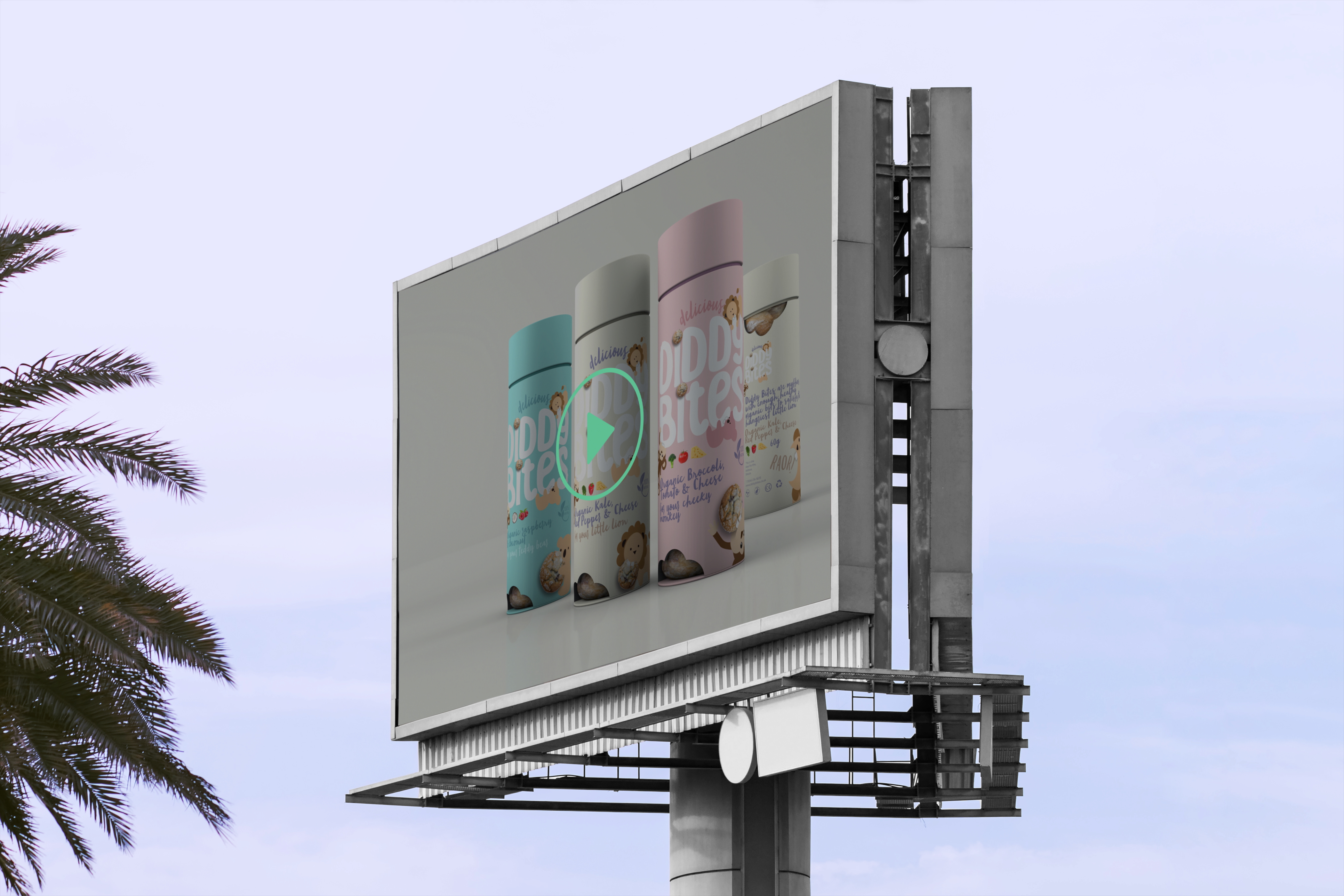





.jpg)






